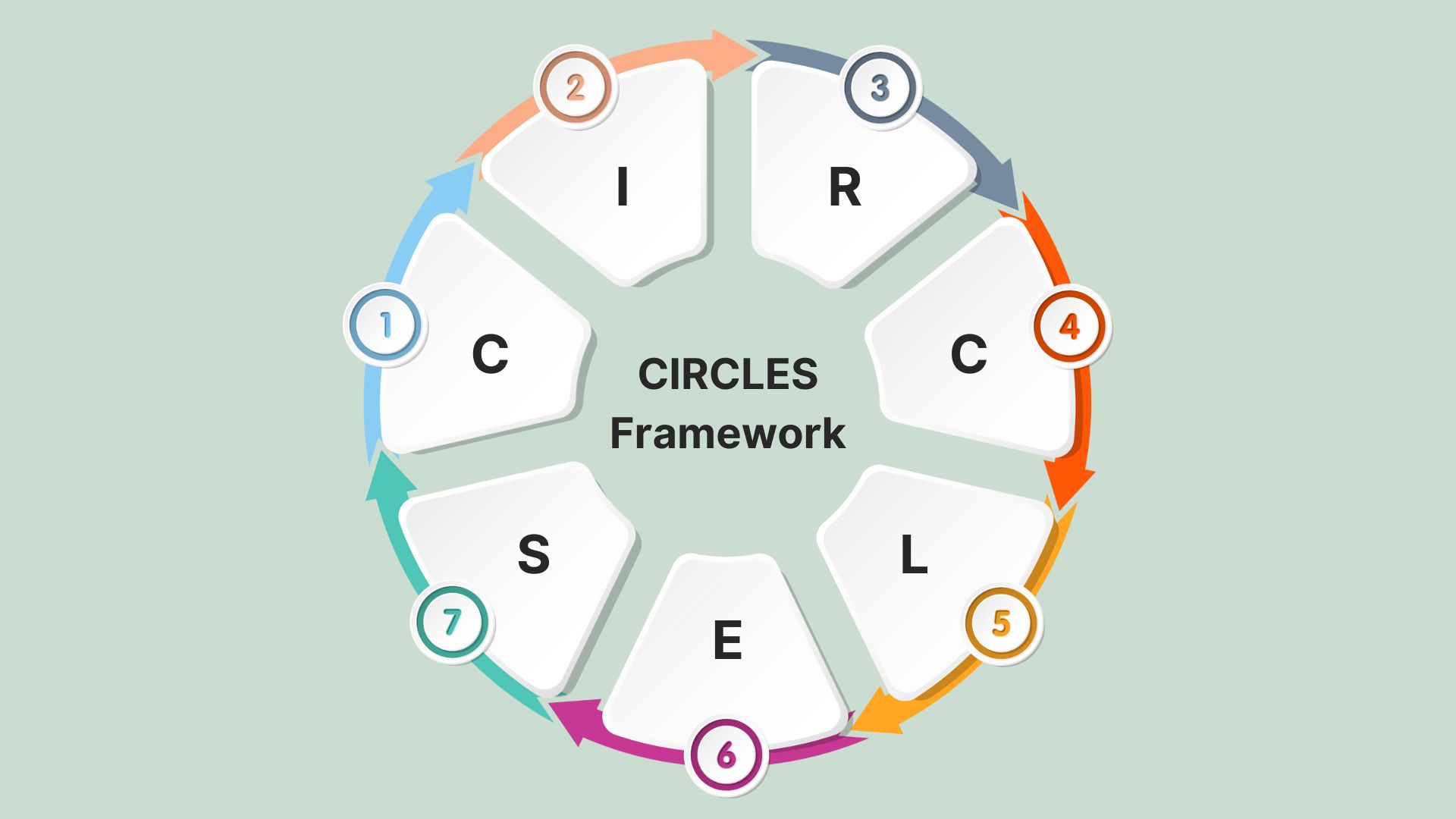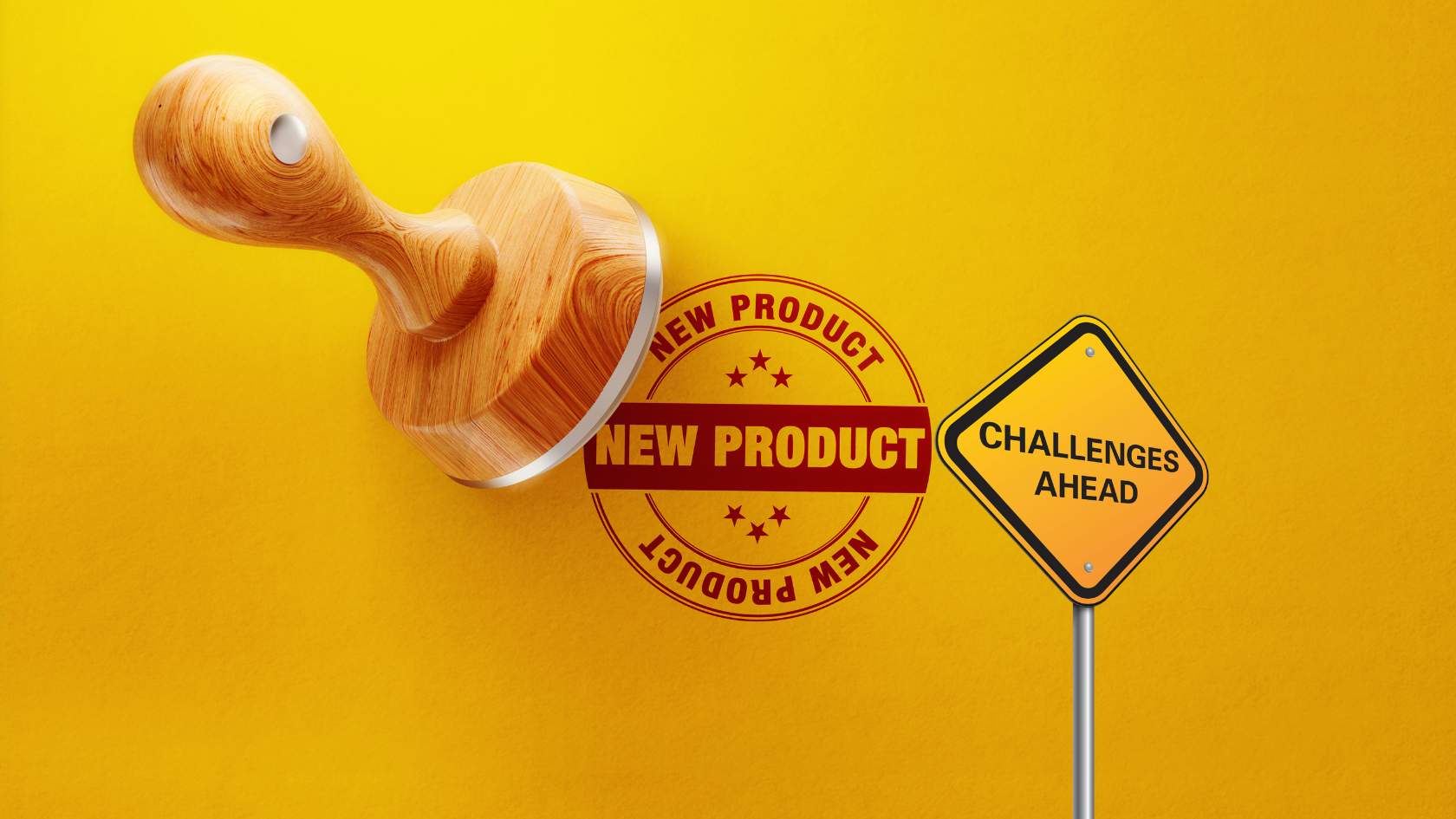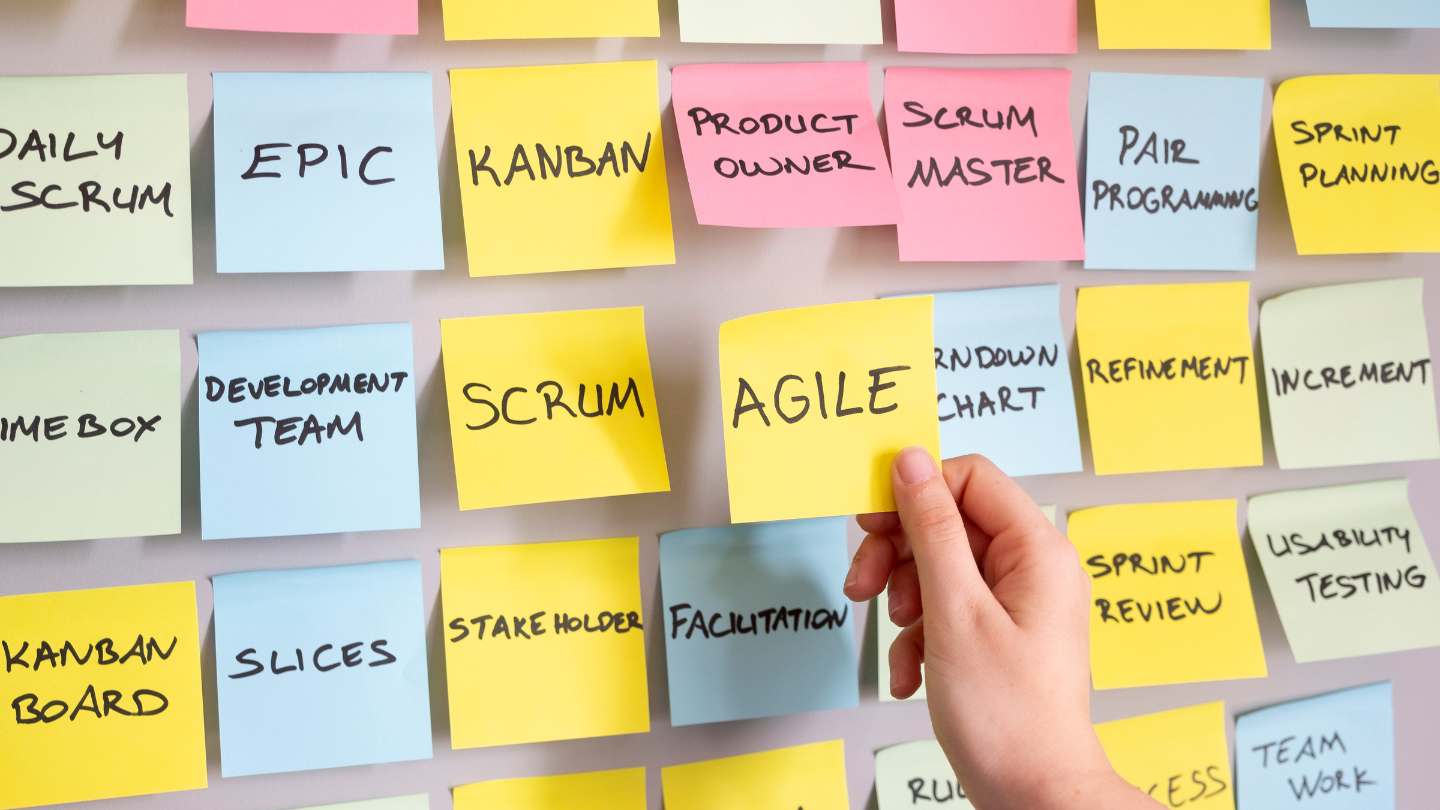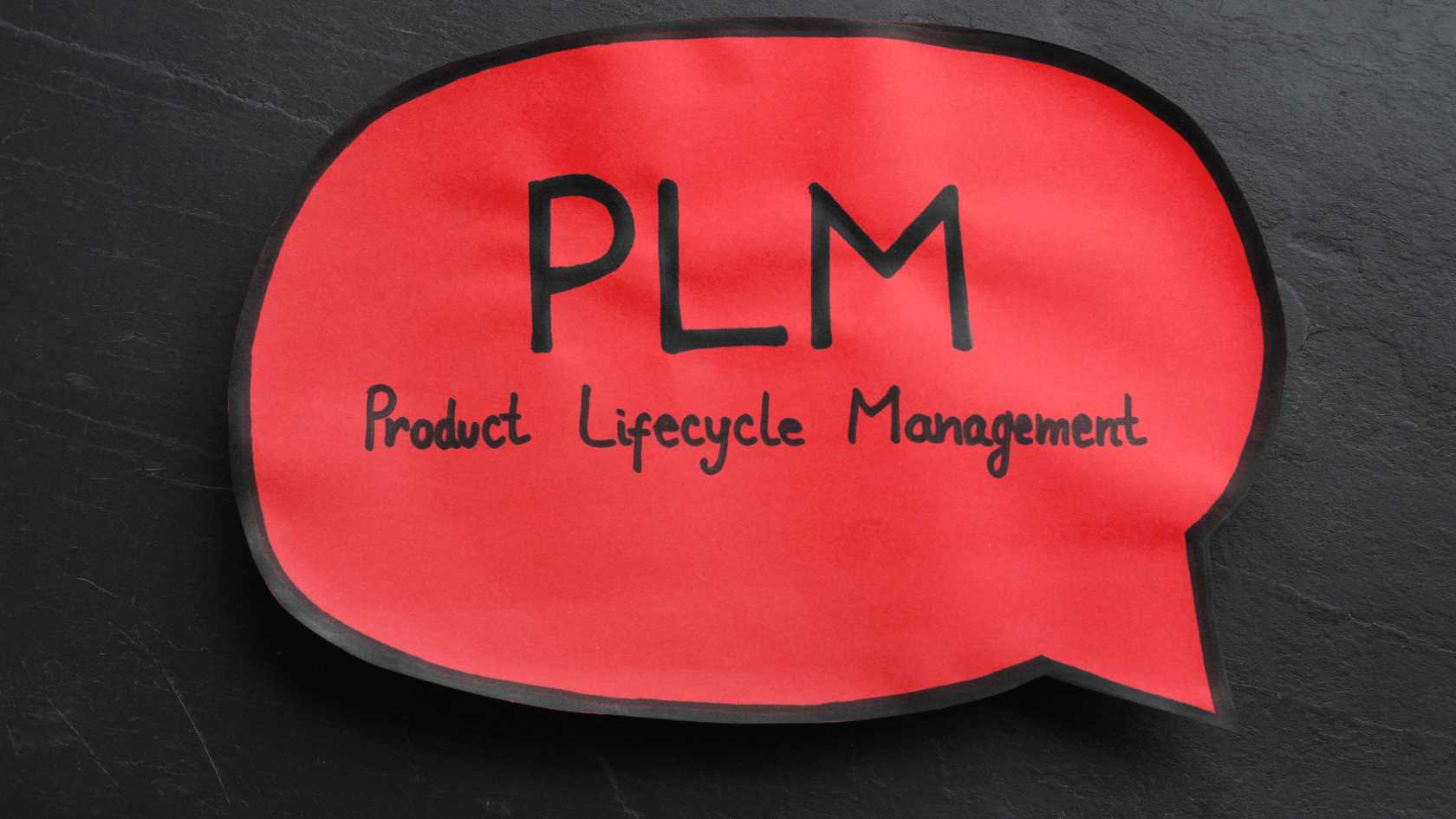Category: Product Management
What is CIRCLES Framework? A Must-Know Method for Product Managers
Great product managers don’t rely on random ideas—they use structured methods to solve problems effectively. One such approach is the CIRCLES Framework, created by Lewis C. Lin. This step-by-step method helps product managers tackle design challenges, prioritize features, and make user-focused decisions with clarity and confidence. Whether in interviews or real-world projects, the CIRCLES Framework…
New Product Development Challenges & How to Overcome Them
Why do some products take off while others never make it past the planning stage? Product Development Challenges can slow down or even stop a great idea from becoming a reality. Businesses often face issues like unclear goals, limited resources, and last-minute changes. Without a structured approach, even the best ideas can fail. Whether you’re…
Method of Procedure: The Secret to Flawless Execution
One small mistake in a critical process can lead to costly downtime, security risks, or even complete system failures. That’s why organizations rely on a well-structured Method of Procedure (MOP). It’s a step-by-step blueprint that makes sure every task is executed flawlessly. Whether you’re launching a product, managing a data center, or setting up a…
What is the Kano Model?
The Kano Model is a tool that helps businesses understand what makes customers happy with a product. It shows which features customers expect, which ones make them happy, and which ones can surprise and delight them. The model divides features into five categories: Must-Have, Performance, Attractive, Indifferent, and Reverse. By using the Kano Model, businesses…
What Is the PDCA Cycle? A Product Management Framework
Did you know companies using the PDCA cycle can boost efficiency by up to 20%? The PDCA cycle—Plan-Do-Check-Act—is a simple yet powerful tool that helps product managers create better products and improve processes. It’s all about planning smart, testing ideas, and making improvements based on real results. In this blog, we’ll briefly break down the…
What Is an Epic in Agile and How to Measure Its Progress?
In agile development, adaptability and iterative progress are paramount, and managing complex product features can be a challenge. As a product manager, you’re constantly navigating between the big picture, like delivering valuable products, and the day-to-day intricacies of development cycles. To strike the right balance, Agile introduces various structures that help manage scope, expectations, and…
Product Lifecycle Management: Stages, Benefits and Evolution
Product lifecycle management (PLM) is a way for businesses to guide a product through all its stages, from its start as an idea to when it’s no longer in use. It helps teams work better together, cut down on costs, and get products to market faster. By focusing on each step PLM ensures that products…
Agile vs Waterfall:Key Differences and Which One to Choose
When it comes to project management, Agile and Waterfall are the two heavyweights, each bringing a unique approach to the table. Think of Waterfall as the meticulous planner, everything is mapped out step-by-step before the journey begins. It thrives on predictability, where every phase must be completed before moving to the next. On the other…
RICE Scoring Model: A Prioritization Framework For Product Managers
The RICE scoring model is a prioritization framework used to evaluate and prioritize tasks, projects, or features based on their potential impact and feasibility. RICE is an acronym that stands for Reach, Impact, Confidence, and Effort, which are the four key factors used to assess the viability of a project or task. This framework is…
What Is Product Classification in Marketing: Types and Importance
Product classification in marketing categorizes products based on how and why consumers purchase them. For example you want to buy a shirt, a shopping good, for an interview. You will compare it with other shirts before buying and take your time deciding. But on the other hand if you are going to buy detergent, a…










